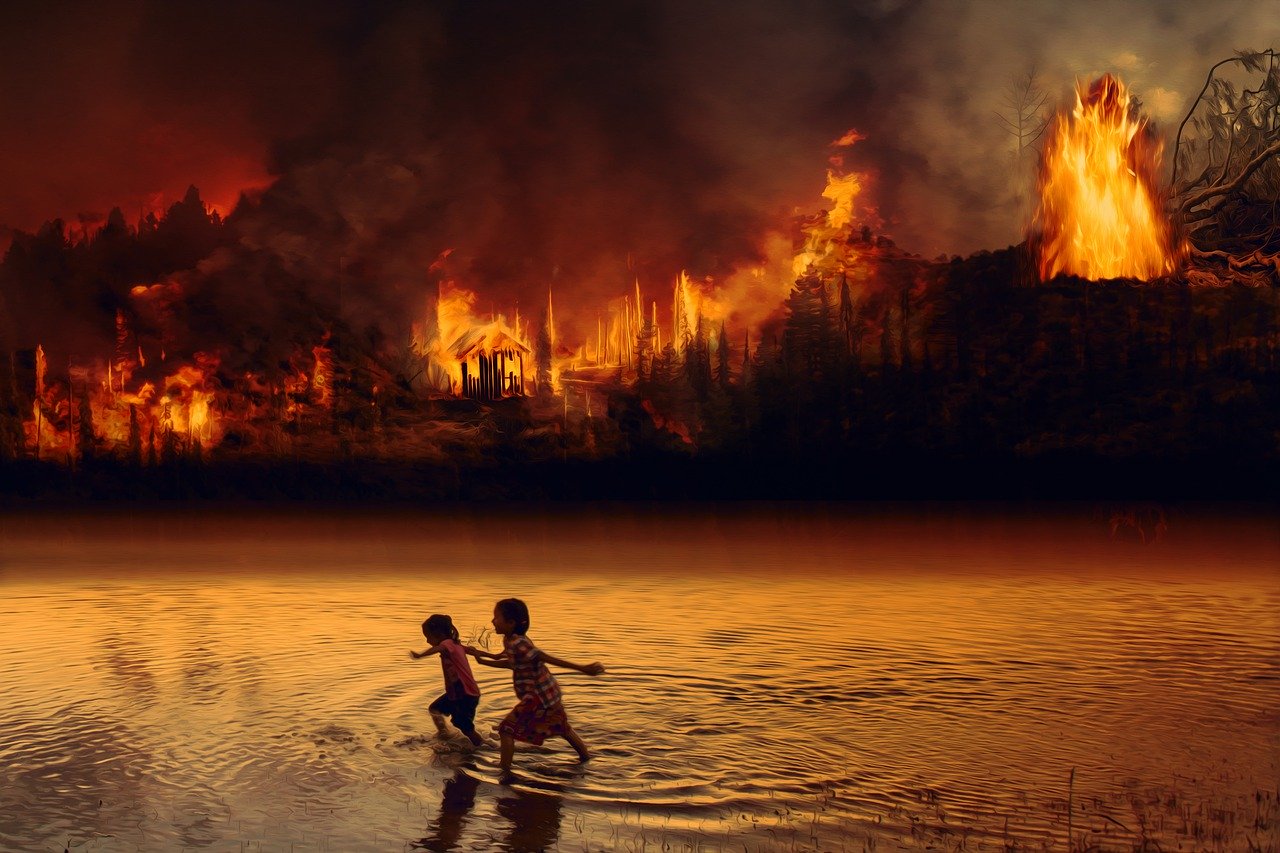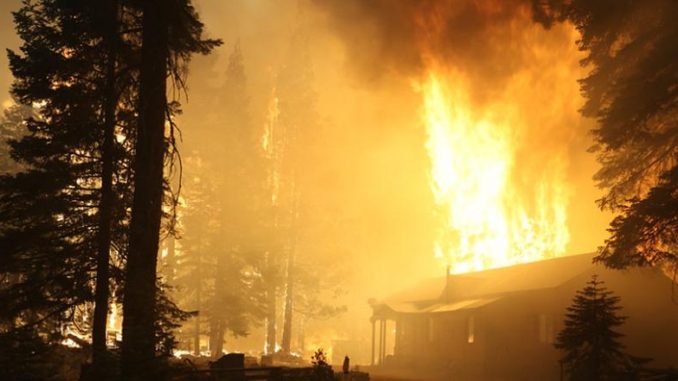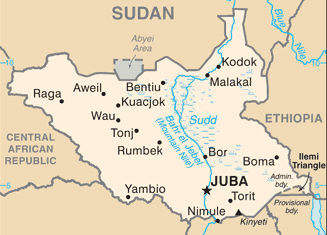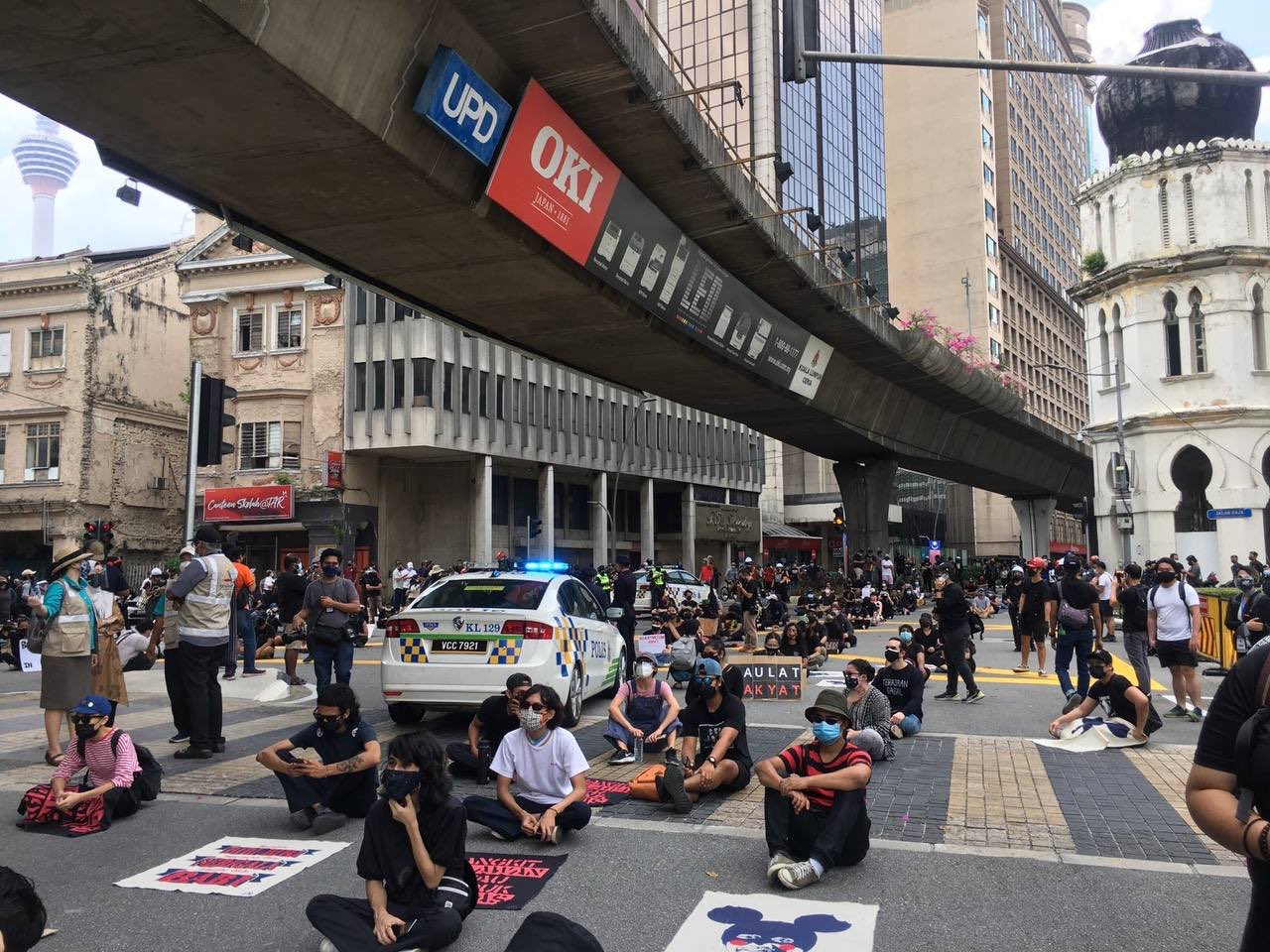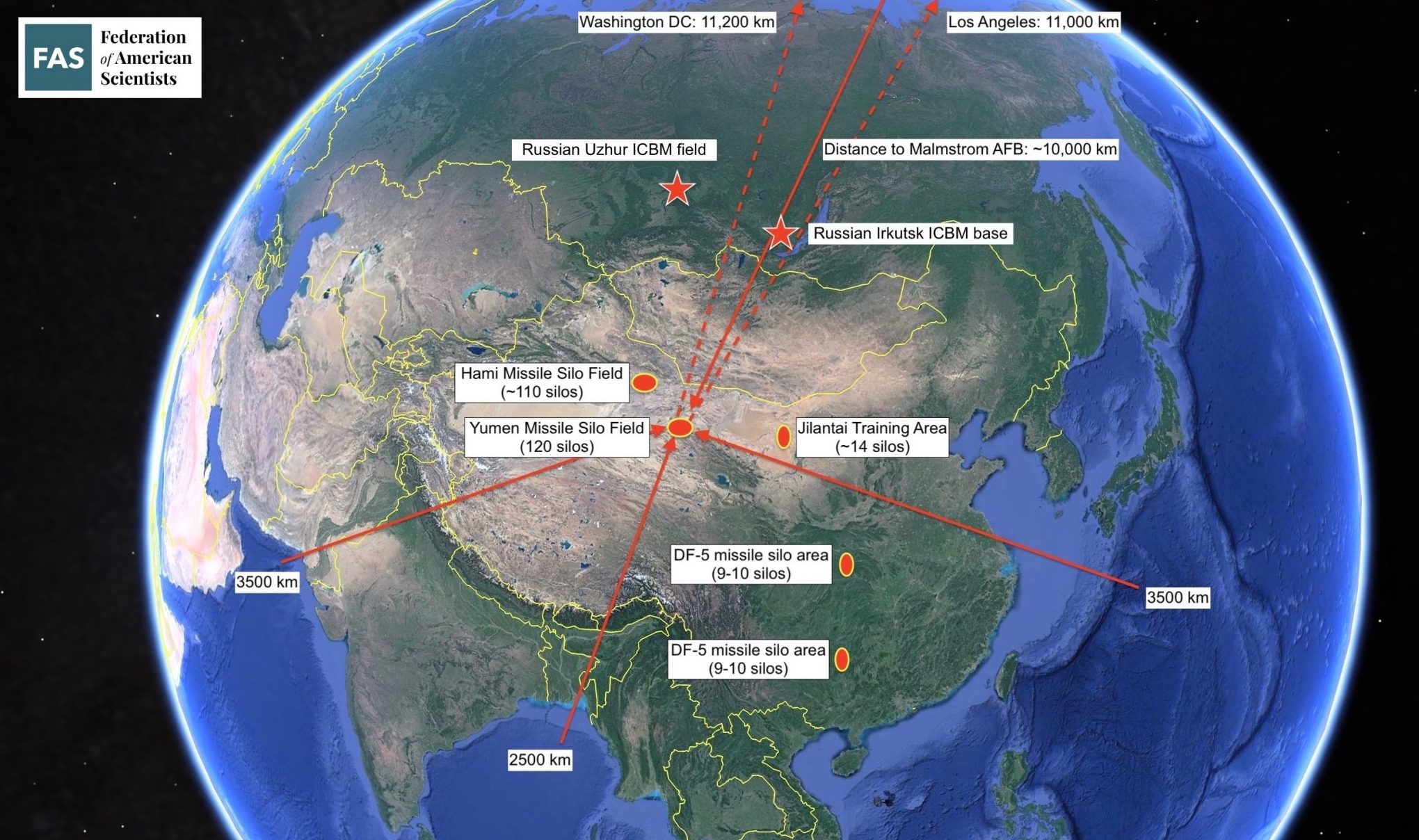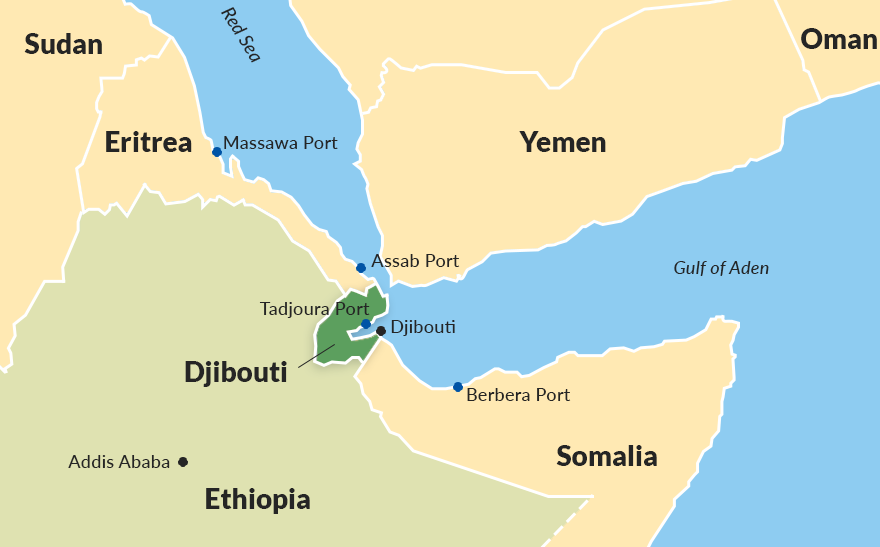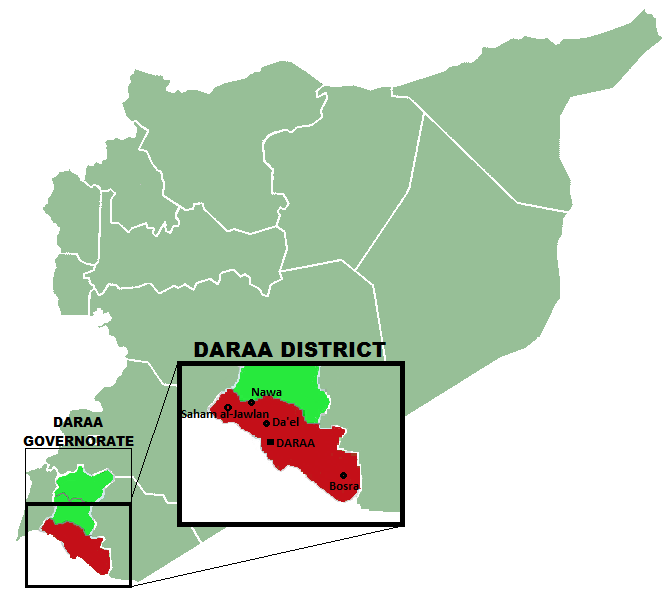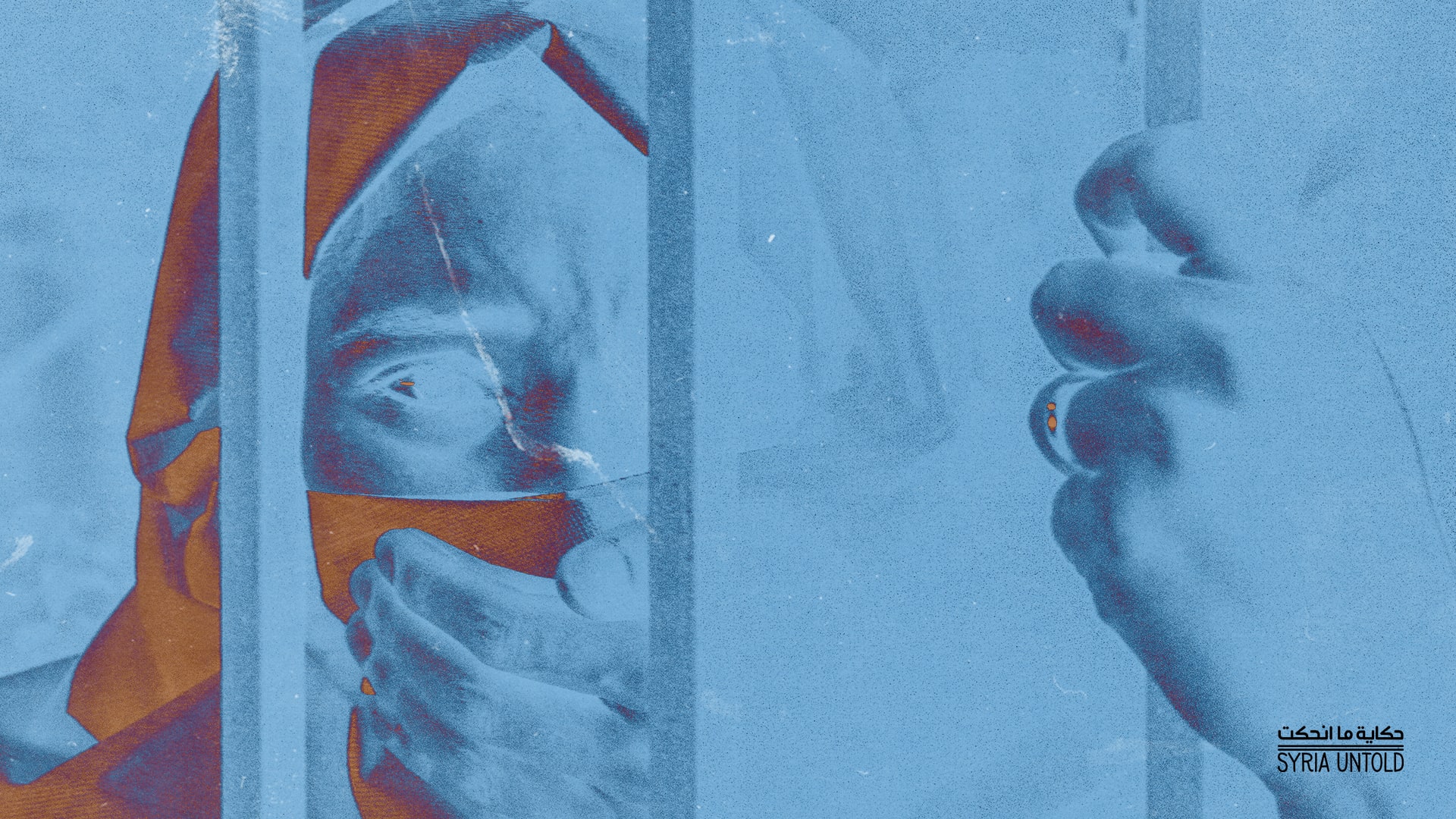
Afghanistan: Taliban seize provincial capitals
Taliban forces have dramatically stepped up their rapid advance across Afghanistan, seizing 11 capitals of the country’s 34 provinces. Herat and Ghazni, a strategic gateway to the national capital Kabul, were the most recent to fall. The northern city of Mazar-e-Sharif is besieged, and India’s military is mobilizing an airlift to evacuate the country’s nationals there. Kandahar, in the Taliban’s southern heartland, is also the scene of heavy fighting, as is Lashkar Gah, capital of adjoining province of that name. Reports of rights violations that “could amount to war crimes and crimes against humanity” have emerged from areas under Taliban control. More than 359,000 Afghans have been displaced this year, bringing the total displaced in the country to over 5 million. (Map: Perry-Castañeda Library)



